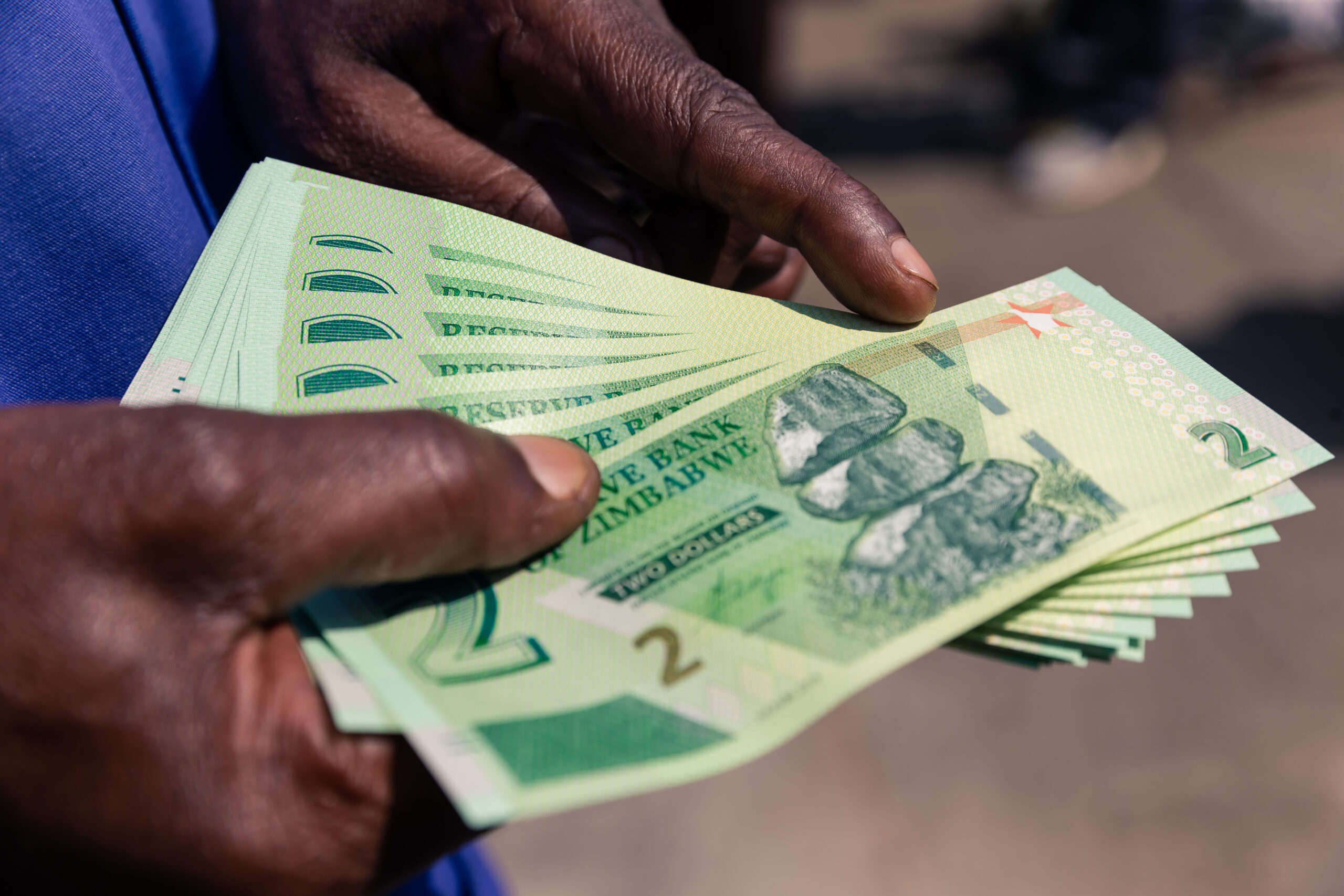Cabinet approves pension compensation rules
THE Cabinet has approved regulations to be used in the process of compensating pensioners and policyholders who lost their lifetime savings when Zimbabwe dollarised in February 2009.
This comes after the Government commissioned an investigation in 2015 to get full appreciation of how pensions and insurance benefits were paid out to beneficiaries following a bid outcry from pensioners and policyholders.
Pension fund values were badly eroded due to devastating hyperinflation, which soared to a record 500 billion percent in 2008, according to the International Monetary Fund.
The Government wiped out the hyperinflation figures in 2009 when it abandoned the use of the
Zimbabwe dollar for a basket of foreign currencies, but mostly dominated by the US dollar, leading to what was generally called dollarisation.
The commission of inquiry, chaired by retired judge Justice Smith, confirmed a “huge” loss of
value by policyholders and pensioners and recommended compensation for the loss suffered.
It established that while policyholders lost value during the conversion period, they had also lost
value throughout the period that the Commission was tasked to look into; that is between 1996 and 2014.
Thousands of insurance policyholders and pensioners have been hoping and holding out for
additional pay-outs after receiving insignificant amounts as low as US$0,08c after several years of working. Some of them got nothing owing to lack of benefit inflation-indexation and currency
debasing.
The loss of value left many people, after years of hard work, poor and have been expecting
compensation.
In November 2020, the Insurance and Pension Commission (IPEC) set up a 2009 Compensation
Working Group to review and make recommendations on the practical implementation of
compensations as per the Commission of Inquiry’s report on the conversion of pension value from Zimbabwean dollars to United States dollars in 2009.
The working group submitted its final report with recommendations in March 2022.
“Pursuant to the commission of inquiry report and subsequent discussions, the working group
developed regulations to implement the Commission of Inquiry recommendations.
“The regulations have since been approved by the Cabinet,” said IPEC in a letter inviting pension
funds and insurance companies to a workshop to unpack the regulations to the industry and the
expectations from the regulator.
Some observers say it is critical that the issue of compensation be closed. “It’s a complex process
but what is critical now is to close the issue as soon as possible so that those eligible to benefit get their share,” Mr Carlos Tadya, a local economic analyst said.
Mr Emmanuel Marekera, a 73-year-old pensioner, who worked for a Harare-based-confectionary
firm, said it was so devastating to have “all my retirement savings wiped out” .
“What I got is nothing after working for 34 years; it’s so painful,” said Mr Marekera, who now
basically survives on a cash handout of US$20 per month from a local NGO.
In its report, the commission said high levels of inflation, currency debasing, conversion process to dollarisation and demonetisation were the main reasons for the loss of value.
The commission noted the loss that resulted from inflation, currency debasing and the exchange
rate used for demonetisation contributed 43 percent of the loss, regulatory flaws 21 percent while poor industry practices contributed 36 percent.
An investigation into the asset build up revealed that the insurers lost billions of dollars in
excessive recurrent expenditure and bad investments.
Just for the period 2009 to 2014, the industry committed over US$2,9 billion in administration
and other expenses.
Non remittance of contributions for the post dollarisation period amounted to at least US$328
million before interest.
Such non-remittance of contributions are estimated to run into billions of dollars for the entire
period of the investigation.
The contribution arrears, negative real return on investment, and huge administrative expenses
and declining macroeconomic fundamentals adversely impacted on the industry capacity to
mobilise savings for national development, the report said.
In the post dollarisation period, total pension contribution and insurance premiums rose to US$1,1 billion in 2015 from US$375 million in 2009, averaging US$866 million over the period.-The Herald










